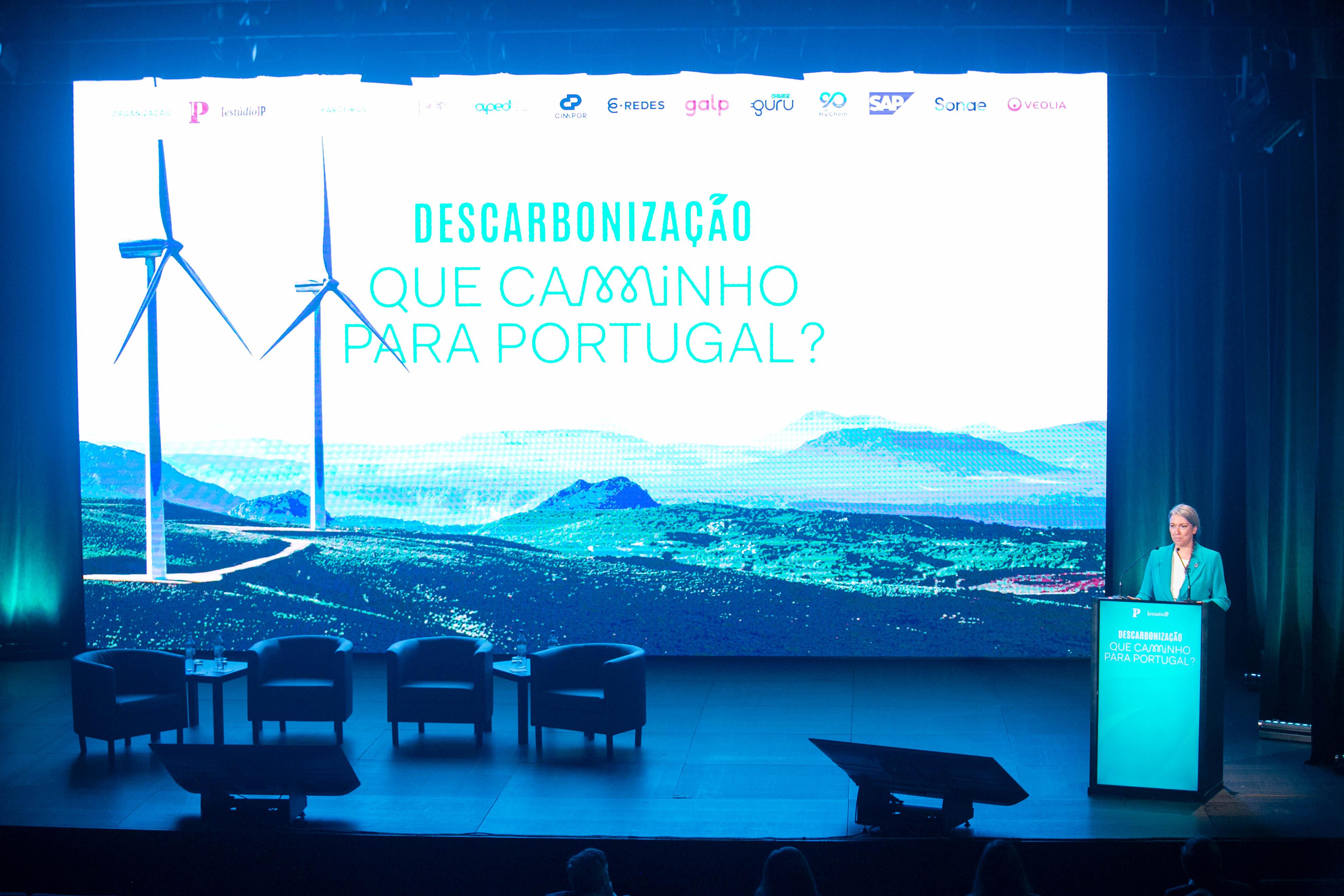
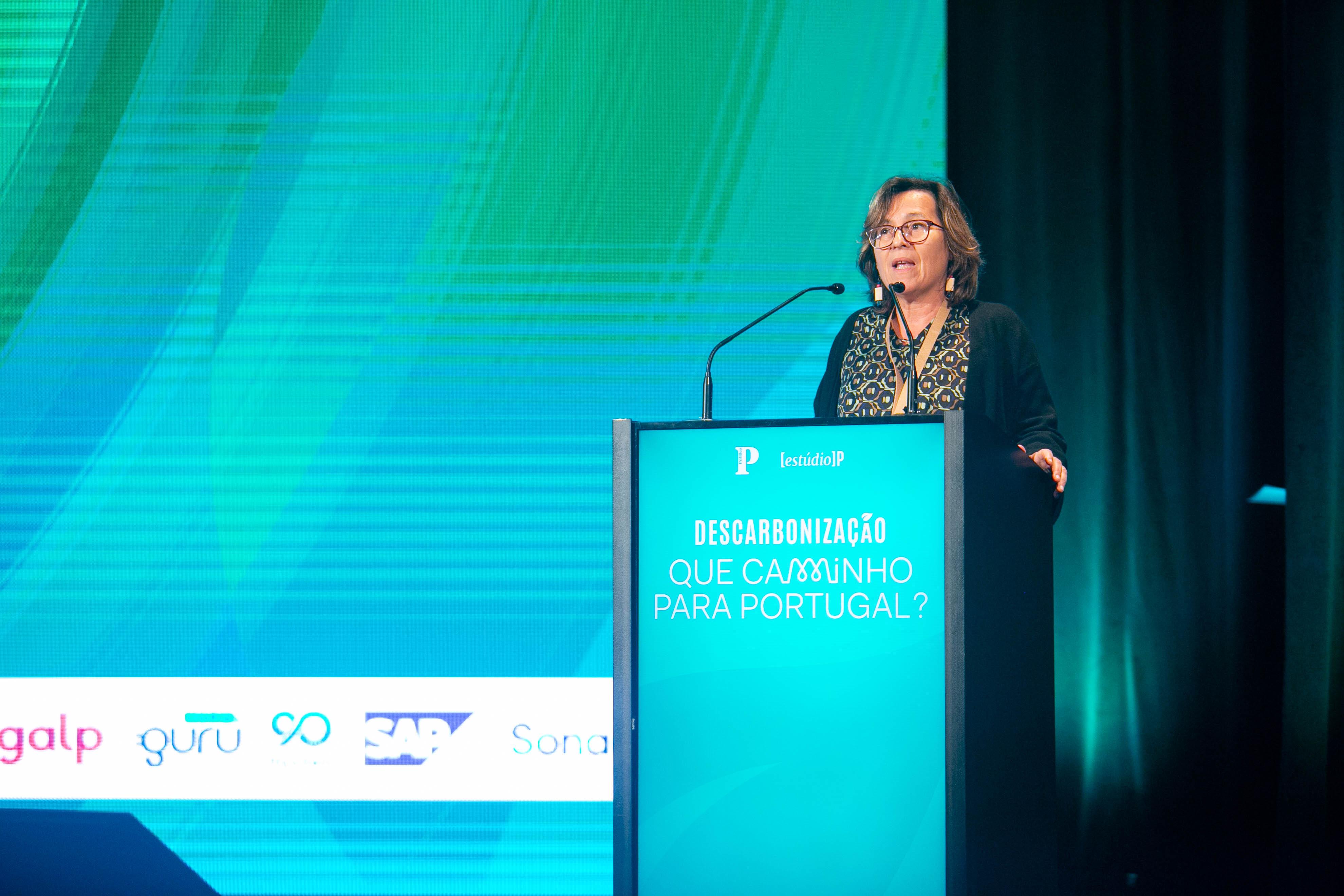
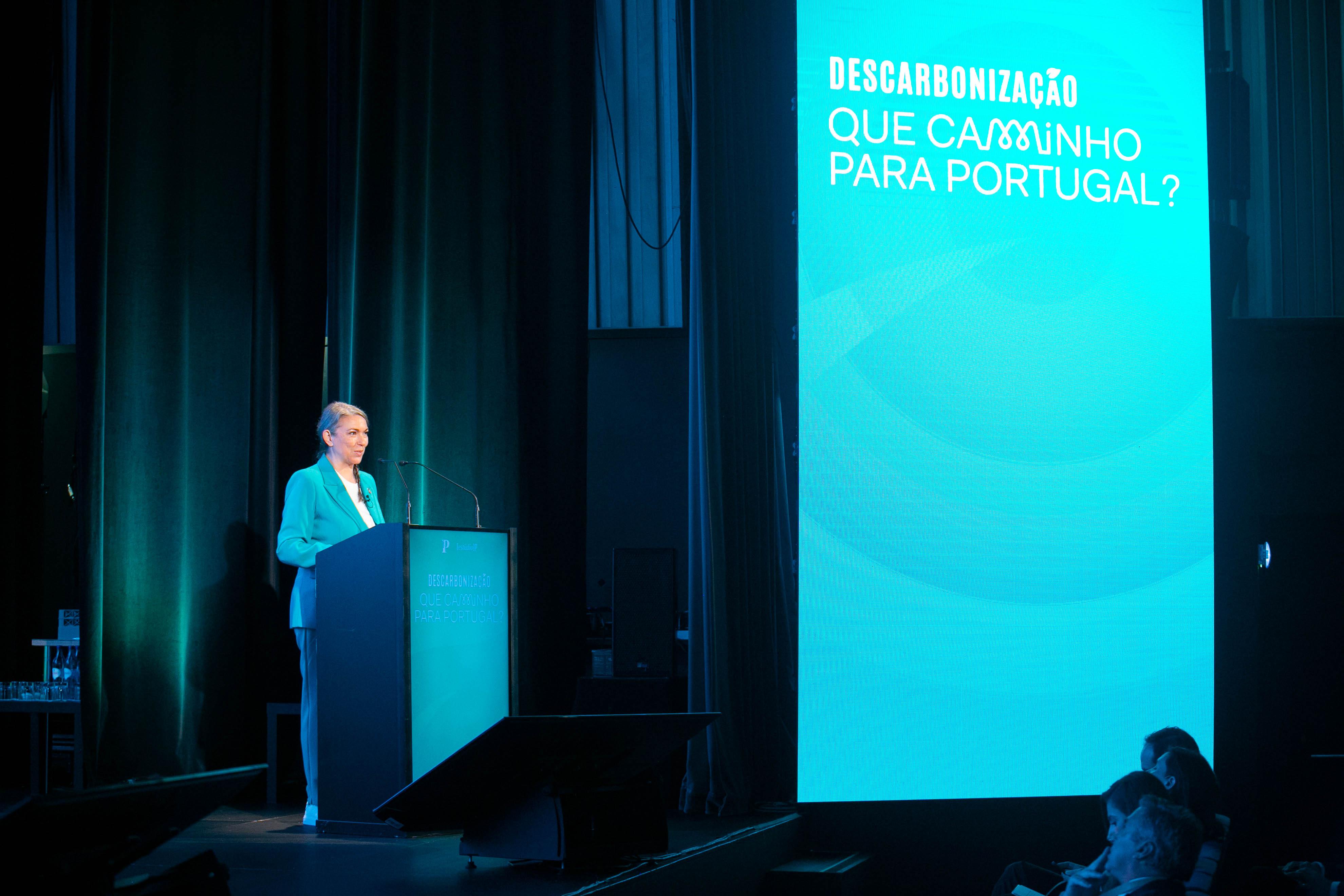

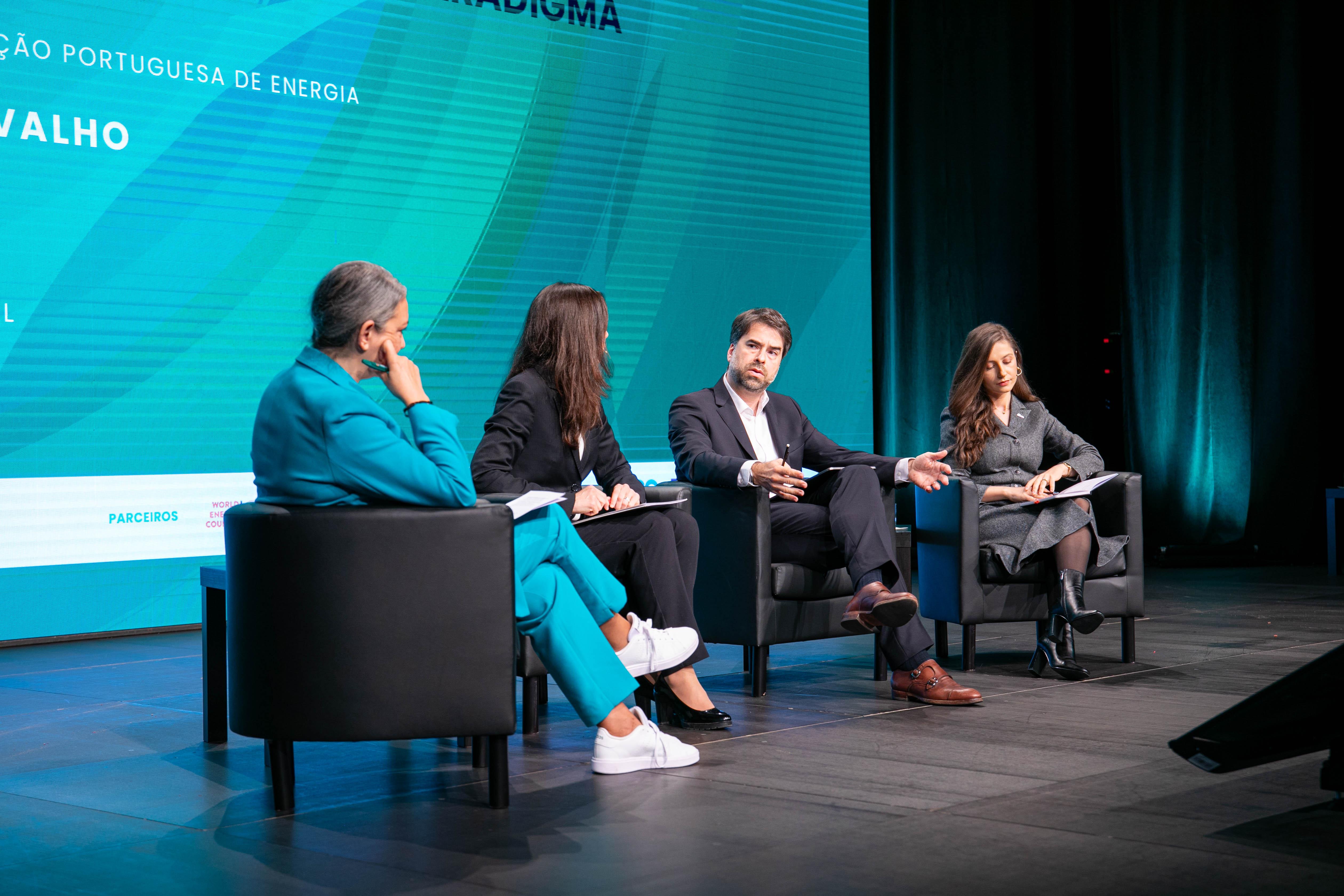
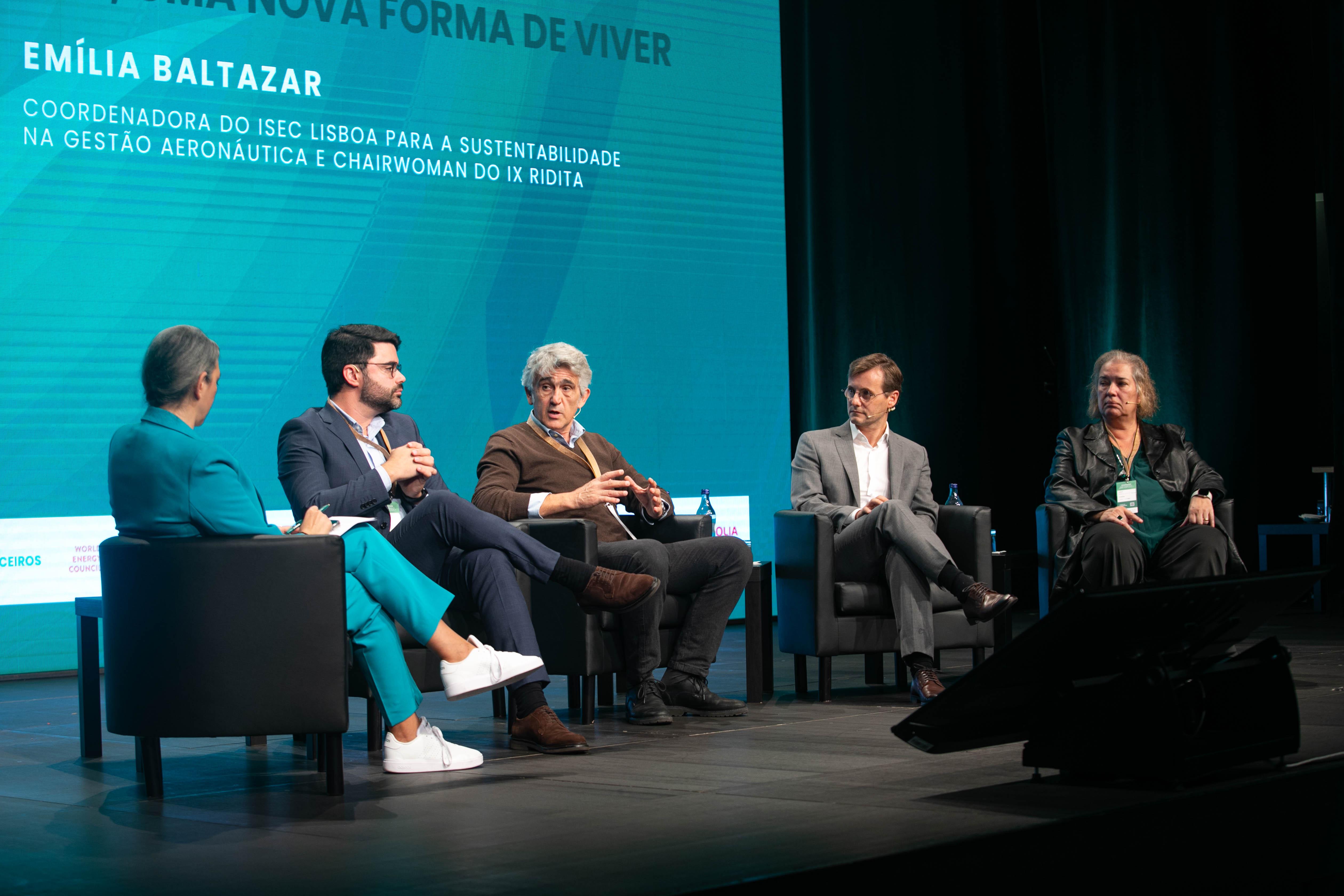
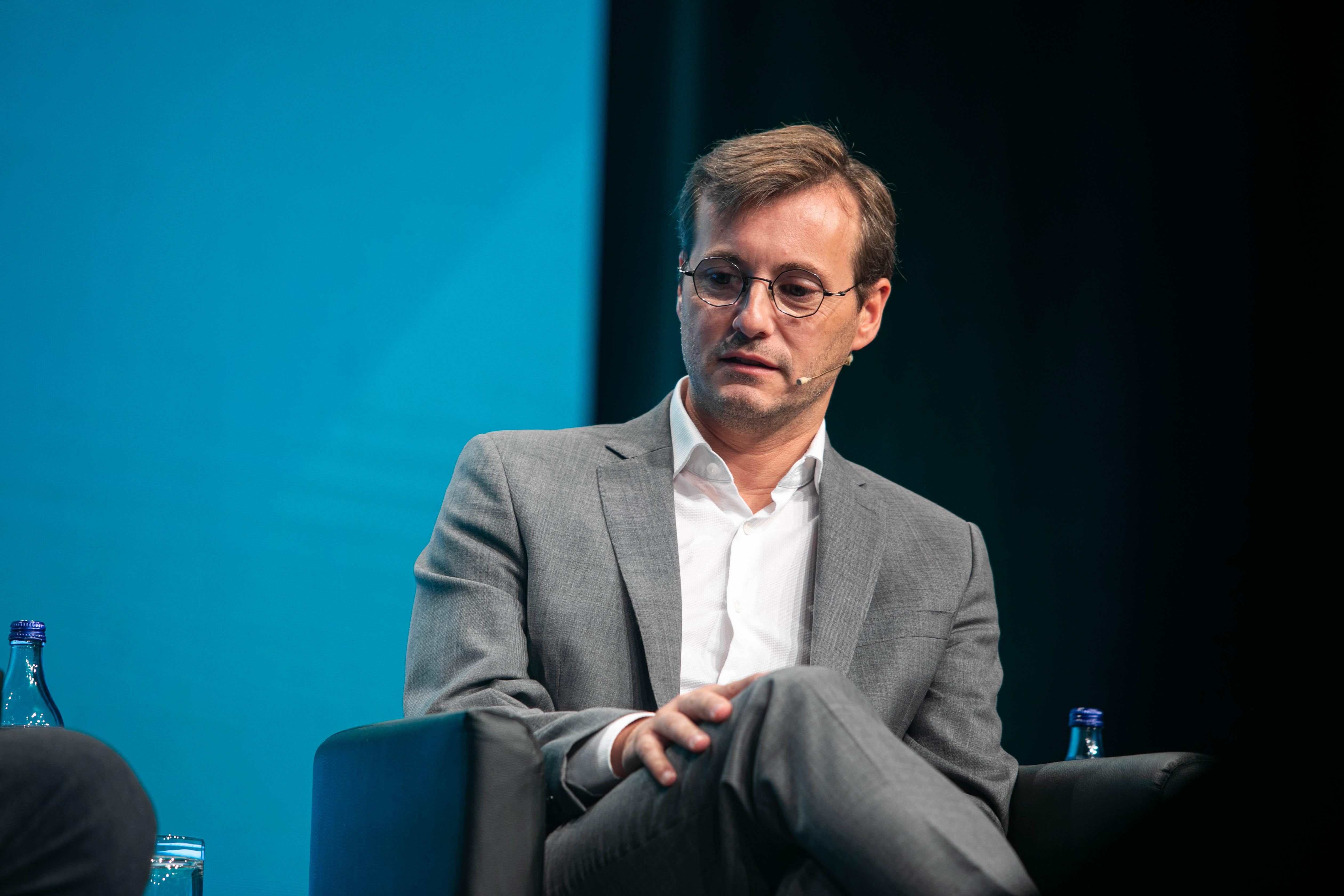
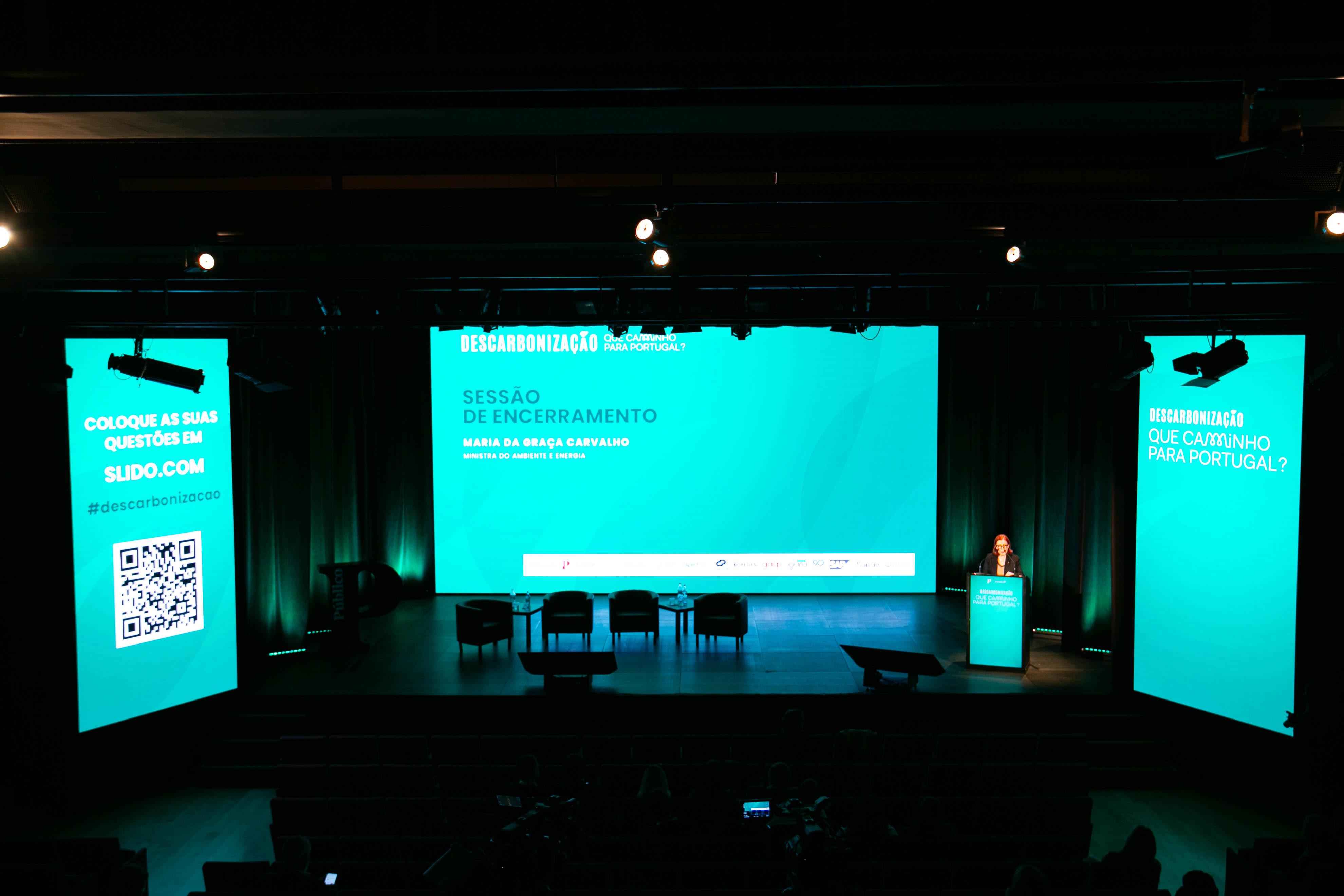
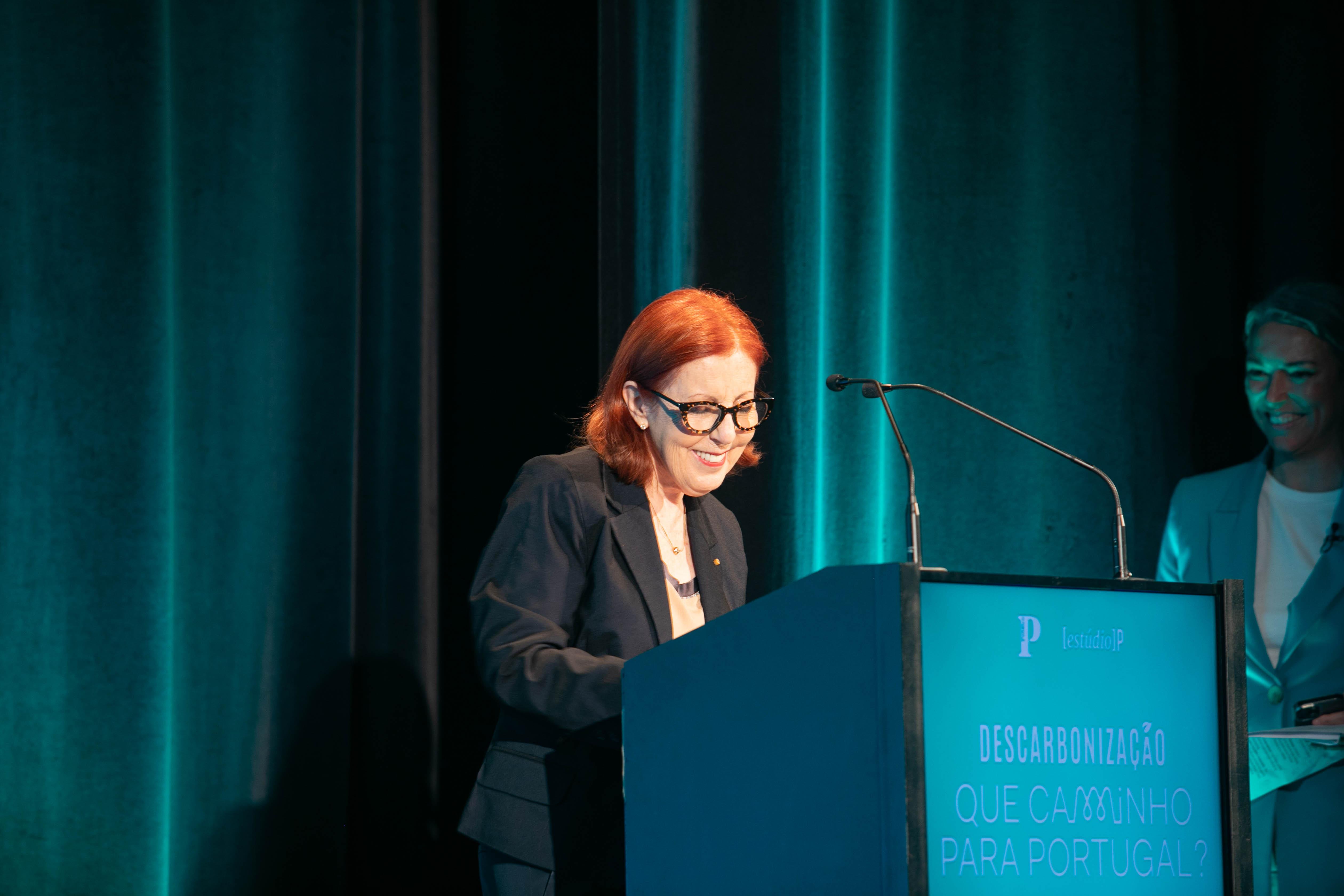
The conference ‘Decarbonization: what path for Portugal?’ took place last Friday, 15 November, in the Auditorium of the Museu do Oriente. The conference, organized by the newspaper Público, was attended by various representatives of public and private entities and promoted discussion on the current and future impacts of a decarbonization strategy that is fundamental for environmental sustainability, economic growth and greater competitiveness for companies. The event, moderated by journalist Fernanda Freitas, demonstrated that the process of reducing the carbon footprint affects all sectors of society, from energy to mobility, from production to trade and consumption, from governance to communication, and these sectors were represented in the conference's discussion panels.
The conference began with an opening session led by Cristina Soares, Director of Público, who reinforced the newspaper's commitment to energy and sustainability literacy, highlighting the importance of a collective commitment to decarbonization and the environmental, social and economic challenges facing all spheres of society. To reduce the carbon footprint of this event, Público has pledged to plant 5 trees for every person attending, having created a QR Code in partnership with the Institute for Nature Conservation and Forests.
João Martins de Carvalho, director of E-REDES, participated in the panel "Energy: a new mix, a new paradigm" where he highlighted the progress Portugal has made in involving various energy sources, from wind to solar, emphasizing that in Portugal around 75% of electricity is already renewable. "I think there is room for all sources as long as they are economically viable and the grid and system management need to be adapted to make the best use of these resources" said Martins de Carvalho.
The director of E-REDES emphasized the critical and relevant importance of the grid for society, due to the electrification of the economy, leading to an increase in the grid and energy absorption capacity. He also highlighted technical challenges, such as the ageing of the network, as well as supply chain and labor management challenges. "One of the axes of this investment plan is to ensure that we plan the renewal of our equipment in a way that is distributed over time in order to be compatible with the constraints of the supply chain" he said.
Luís Tiago Ferreira, head of Smart Cities and Public Lighting at E-REDES, participated in the panel on "Mobility and Smart Cities: a new way of living" where he emphasized the central role of electricity grids, which are in the process of evolving towards smarter grids, resulting in a more efficient and less complex energy transition. He stressed the importance of optimizing the distribution of energy consumption by investing in smart meters and using building infrastructures where electric vehicle charging is currently being added.
"With smart charging and smart sharing between homes and chargers, we can charge all the vehicles in a building without having to reinforce the infrastructure (...), allowing us to make these investments in a more spaced out way and to make use of the infrastructure in a much better and more efficient way than we did in the past", emphasized Luís Tiago Ferreira.
The closing session was led by Maria da Graça Carvalho, Minister for the Environment and Energy, who reinforced the government's commitment to decarbonization, which is "an opportunity for the country, an opportunity to be smarter and more resilient in terms of energy, to make our companies more competitive globally, to strengthen our capacity to attract public and private investment, to restore ecosystems and water resilience, to improve the capacity to respond to extreme climatic events and to improve the quality of life of the population," she said.
Image Credits: António Saraiva